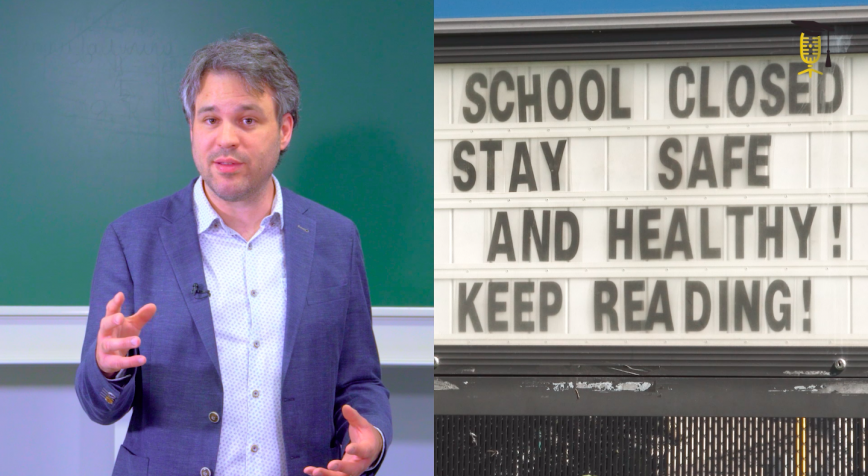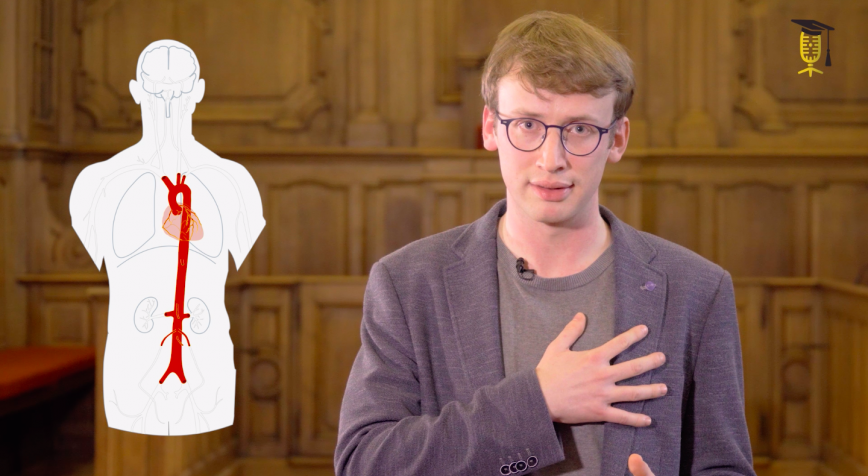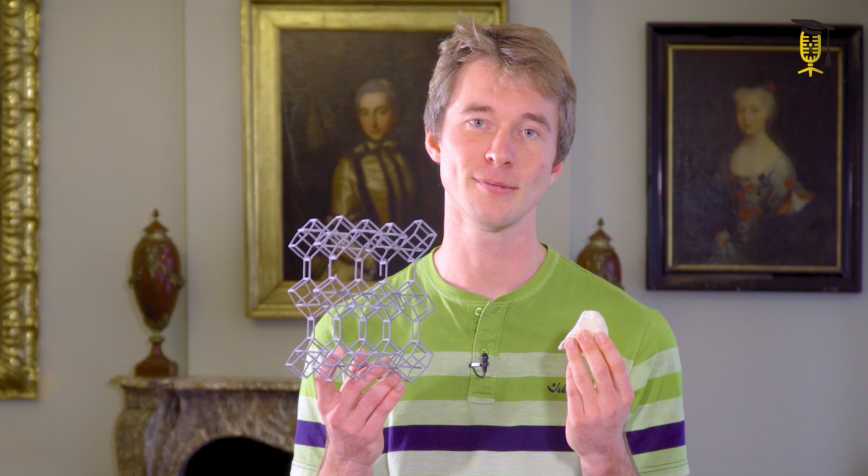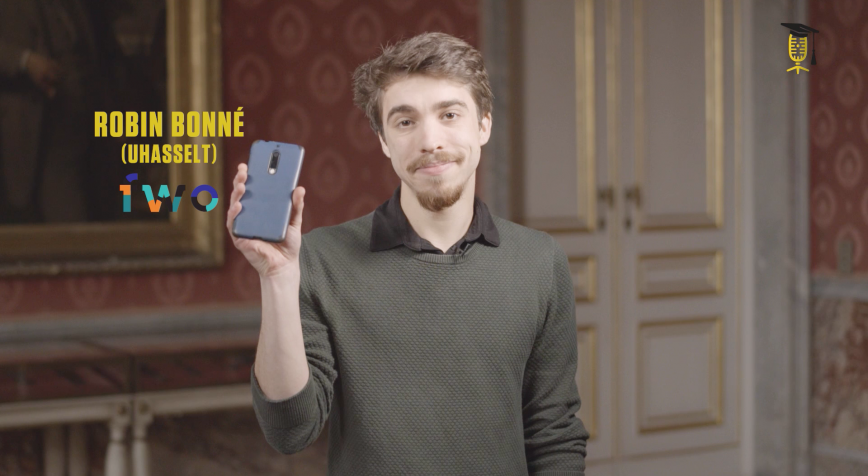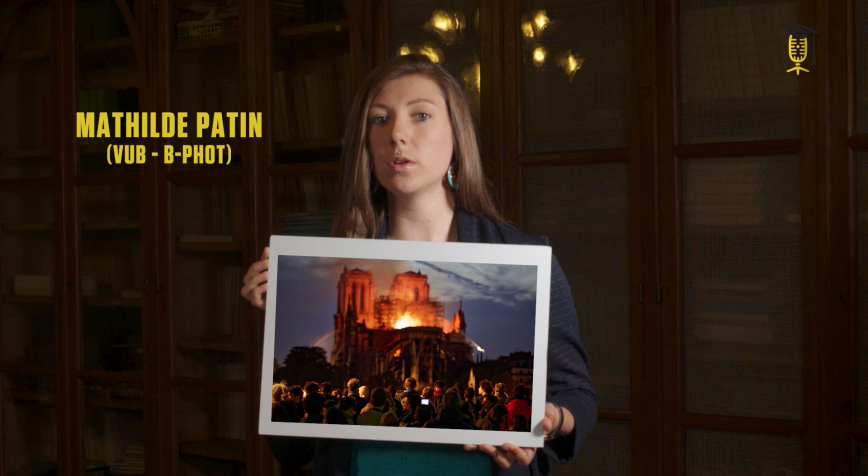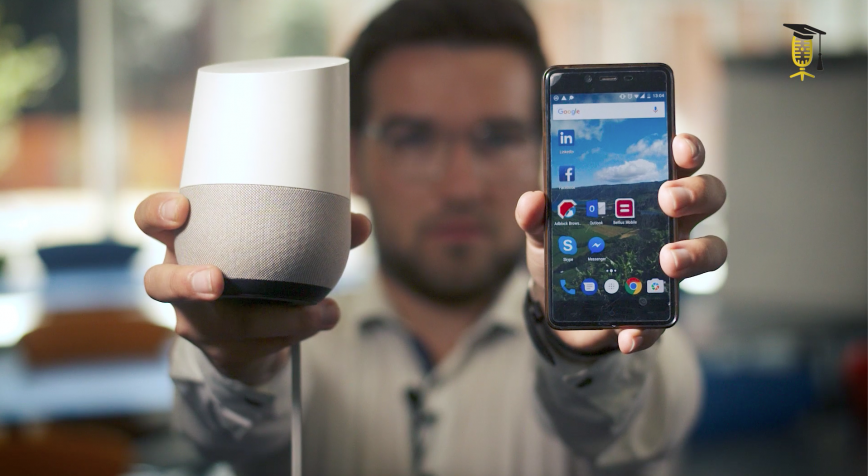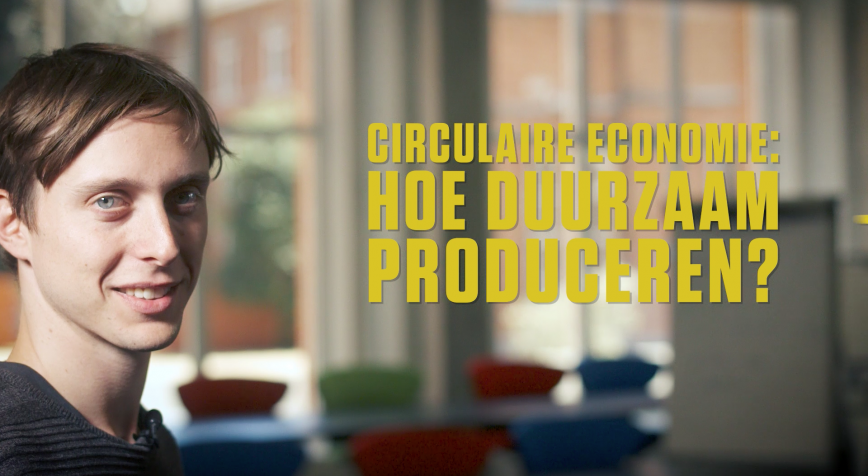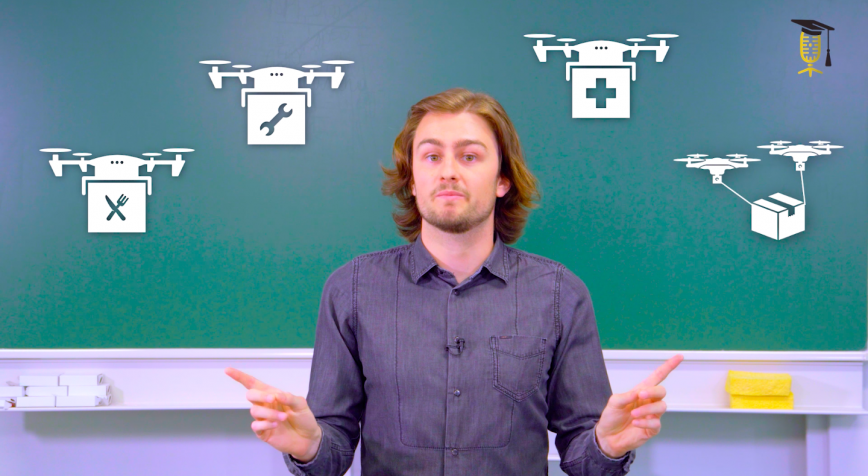
FWO
VUB
Smart drones safely swarming in the sky
Imagine you buy something online and the next day a delivery drone delivers your package at your front door. Robotics engineer Bryan Convens is developing computer algorithms to make this happen. He wants to ensure that swarms of drones can fly autonomously ánd safely through the sky.
